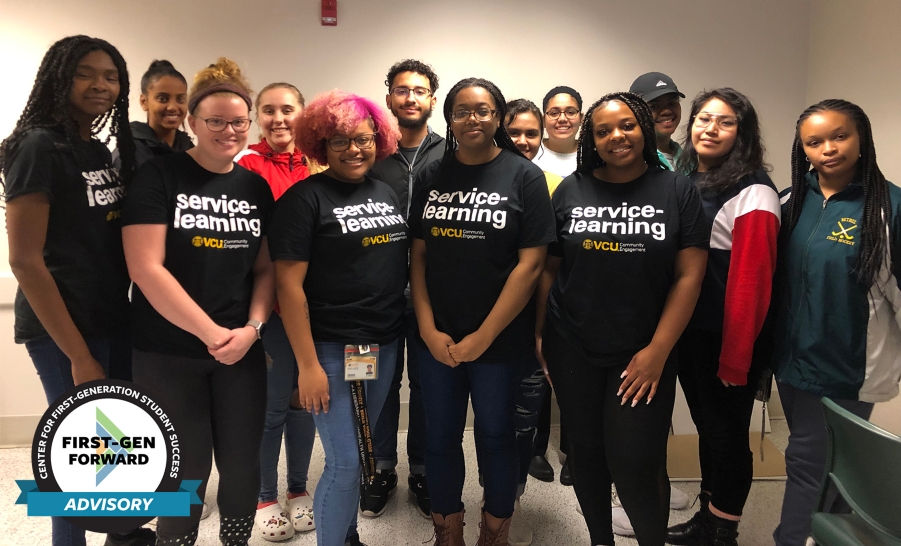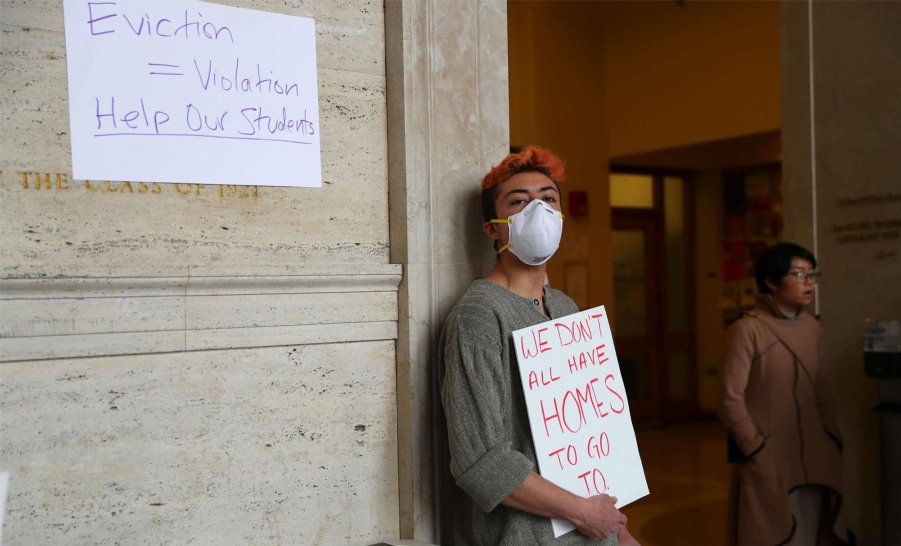Financial Anxiety Among College Students
This article examines the predictors of financial anxiety, including generational status, using the Roy Adaptation Model and ordinary least squares (OLS) regression analysis on data from a large, Midwestern public university.






